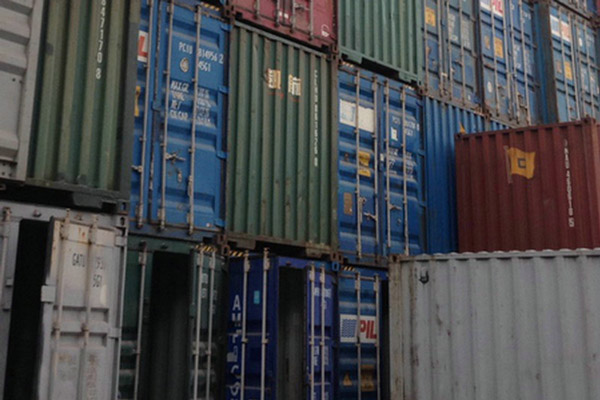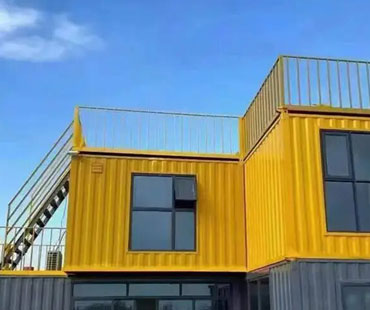In recent years, the concept of the "container economy" has emerged as a transformative force in urban development, reshaping how cities utilize space, foster innovation, and stimulate economic growth. Traditionally associated with shipping and logistics, containers have evolved beyond their original purpose, becoming versatile tools that contribute to sustainable urban environments. This article explores the multifaceted impact of the container economy on urban development, highlighting its benefits, challenges, and future potential.
1.Reimagining Urban Spaces
Containers offer a unique solution to the challenges of urban space constraints. With increasing populations and limited land availability, cities are forced to think creatively about how to utilize their existing resources. Shipping containers can be repurposed into various functional spaces, such as pop-up shops, cafes, art galleries, and even affordable housing. This adaptability allows cities to maximize underutilized areas, transforming vacant lots and abandoned buildings into vibrant community hubs that attract residents and visitors alike.
For example, cities like Amsterdam and Los Angeles have successfully implemented container-based projects that serve as cultural spaces, providing platforms for local artists and entrepreneurs. These initiatives not only beautify neighborhoods but also foster a sense of community and belonging, encouraging social interaction and collaboration.
2.Sustainability and Eco-Friendly Solutions
The container economy aligns closely with the principles of sustainability. Repurposing shipping containers reduces waste and minimizes the environmental impact associated with traditional construction methods. Containers are durable, weather-resistant, and can be easily modified, making them an eco-friendly alternative to conventional building materials.
Furthermore, the container economy promotes sustainable practices by encouraging local sourcing and reducing transportation emissions. By creating modular structures that can be assembled quickly and with minimal resources, cities can respond rapidly to changing needs, such as housing shortages or temporary facilities for events and emergencies.

3.Economic Opportunities and Job Creation
The rise of the container economy presents numerous economic opportunities. Startups and small businesses can establish themselves at a lower cost compared to traditional brick-and-mortar establishments. Container-based businesses often require less capital to start, allowing entrepreneurs to test their ideas with minimal financial risk.
Moreover, these container projects can stimulate job creation in various sectors, from construction and design to retail and hospitality. As container communities grow, they attract foot traffic and tourism, further benefiting local economies. Cities can capitalize on this by fostering an ecosystem that supports innovation, creativity, and entrepreneurship.
4.Challenges and Considerations
Despite the numerous advantages, the container economy is not without its challenges. Regulatory hurdles, zoning laws, and building codes can complicate the implementation of container-based projects. Additionally, there can be public resistance to the aesthetic and functional aspects of container structures, often perceived as temporary or subpar compared to traditional buildings.
To overcome these challenges, city planners and policymakers must engage with local communities and stakeholders to create inclusive frameworks that support container initiatives. This collaboration can help address concerns, ensure compliance with regulations, and foster a sense of ownership among residents.
5.The Future of the Container Economy
As urban areas continue to evolve, the container economy is poised to play a significant role in shaping the cities of tomorrow. With advancements in design, technology, and sustainability practices, the versatility of containers will be further harnessed to meet the diverse needs of urban populations.
Looking ahead, the integration of smart technologies into container structures could enhance their functionality. Concepts such as smart homes, energy-efficient systems, and integrated IoT solutions can transform containers into high-tech living and working spaces, aligning with the growing demand for innovation in urban design.
The container economy represents a dynamic and adaptive approach to urban development, offering solutions that are both practical and innovative. By reimagining how we use shipping containers, cities can address pressing challenges related to space, sustainability, and economic growth. As we move forward, embracing the potential of the container economy will be crucial in creating resilient, vibrant urban environments that meet the needs of future generations. Through collaboration, creativity, and commitment to sustainability, cities can leverage this unique resource to drive positive change and foster community development.


